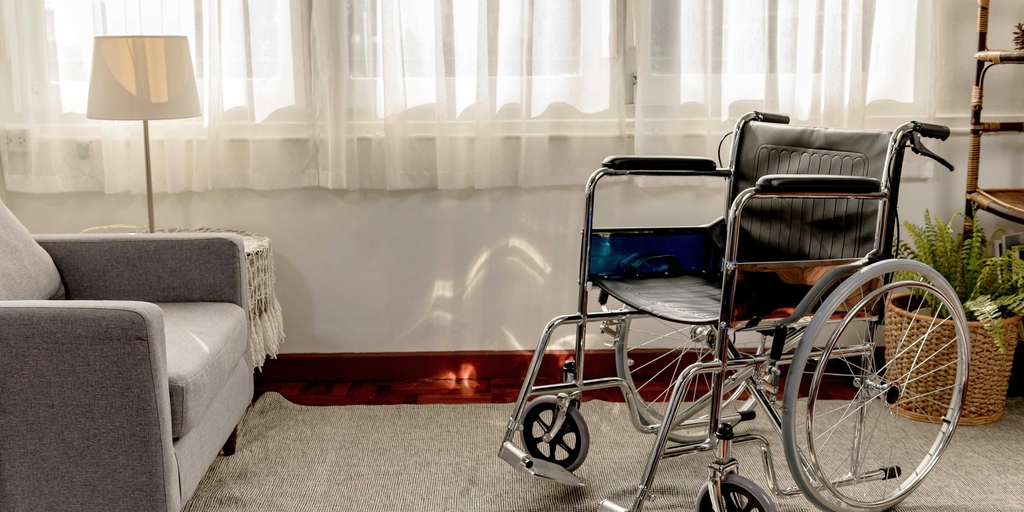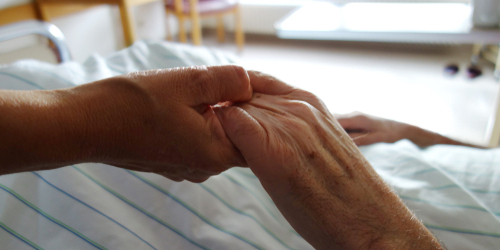Euthanasia figures set to double in the Netherlands within eight years
Assisted Suicide
The number of euthanasia cases will likely double in the Netherlands in the next eight years, according to the head of a euthanasia centre.
Steven Pleiter, who is chairman of Expertisecentrum Euthanasie in The Hague recently commented that the increase in older people will lead annual euthanasia cases to double to around 12,000, eight years from now.
Last year there were 6,361 cases of euthanasia, which was a growth from the previous year. Over 4% of total deaths in the Netherlands were due to euthanasia and 91% of these were due to terminal medical conditions.
"The post-war generation, old people now, had a liberal upbringing and have strong ideas about the end of their lives...I expect that the nationwide figures will double in the next eight years given the growing numbers of old people."
Euthanasia for dementia
The centre, which specialises in 'complex' requests for euthanasia, such as dementia or psychiatric conditions, said requests had increased by 15% in the last year.
Earlier this year, a case reached the Supreme Court in the Netherlands, where a doctor had been handed a murder verdict for giving a lethal injection to a woman with advanced dementia, after putting a sedative in her coffee and asking her relative to restrain her.
The case sought to clarify whether an advance directive (written consent setting out a patient's wish to be euthanised when their condition reaches a certain stage) could be valid in cases of advanced dementia, when a patient is unable to express their wishes.
The murder conviction was overturned in the case, as the Supreme Court ruled that an advance directive sufficed in these circumstances.
The slippery slope of assisted suicide and euthanasia
The slippery slope that follows the legalisation of assisted suicide and euthanasia has been aptly demonstrated in countries where the law has been changed.
One of the worst examples of this is the Netherlands where thousands of patients have been killed who did not request it, disabled babies have been given lethal injections, and depressed 12-year olds are helped to end their lives.
Belgium also legalised euthanasia in 2002, and, since then, the law has been amended to include children experiencing constant and unbearable suffering which cannot be eased. People have been euthanised in Belgium for depression, deafness, blindness, gender-dysphoria and anorexia.
Most recently a Dutch MP proposed to allow healthy over-75s who want to end their lives to be allowed access to euthanasia if they feel their lives are complete.
The UK must maintain our current law to protect the vulnerable
Recently, campaigners have ramped up their efforts to change the law on assisted suicide in the UK. Just a few weeks ago, MP Andrew Mitchell stated that the law could be changed within the next four years.
CARE has consistently argued that the current law in the UK prohibiting assisted suicide is the best safeguard against the slippery slope and abuse we have seen in other jurisdictions.
Parliament has rejected numerous attempts to change the law, and the most recent vote in 2015 was overwhelmingly defeated by 330-118.
With further attempts to expand the law in the Netherlands on the horizon, and the numbers of deaths set to dramatically rise, the arguments against legalising assisted suicide in the UK are increasingly and urgently validated.
"The next four years will see growing pressure to legalise assisted suicide. We cannot simply fall back on old arguments. Instead, we need new, fresh and younger faces to make the case for the value of life from conception, through to its natural end. Otherwise, we will, over time, end up in a similar position to Belgium or the Netherlands, where even children can be killed on certain grounds.
Nor can we simply wait for a bill to appear at Westminster. We need to get our messaging out there now and be prepared to argue, defend and engage with proponents of assisted suicide."
Further Reading
Professor Nigel Cameron: Going Dutch? The horror story of the World’s Euthanasia Lab
James Mildred: The risks of legalising assisted suicide are simply too great





Share story
Euthanasia figures set to double in the Netherlands within eight years